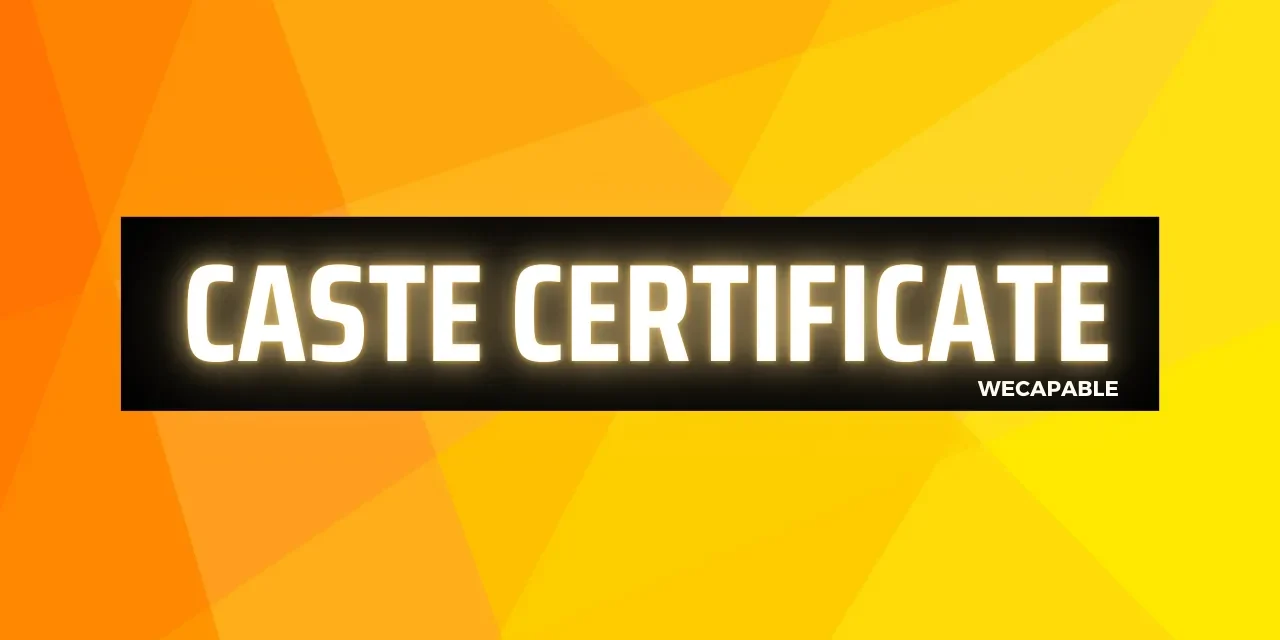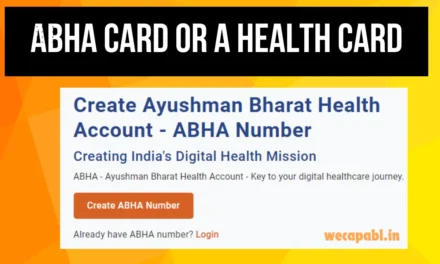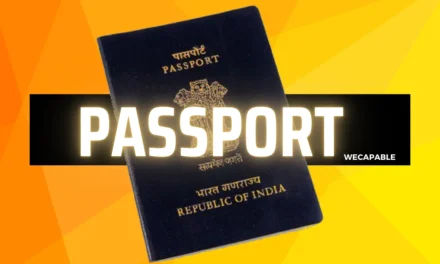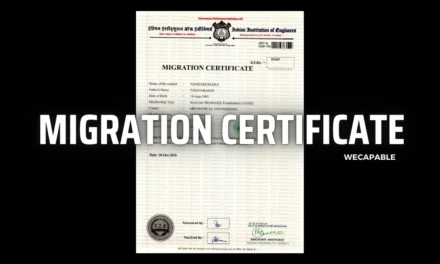Caste Certificate In India, historically marginalized communities are given special quotas, called reservations, in education and government jobs. This helps them access opportunities that were previously denied to them. Various reservation programs started before India gained independence and have continued after. In 1950, the Government of India launched a well-organized affirmative action program that is still in place today.
A caste certificate is a document that shows what caste an Indian citizen belongs to. It allows them to access different benefits from government programs that provide reservations. Here’s more information about the certificate.
What is a Caste Certificate?
A caste certificate is an official document that shows a person belongs to a specific caste, as defined by the Indian Constitution. These certificates help support Scheduled Castes and Scheduled Tribes by providing various benefits, such as:
- A discount or complete waiver on tuition fees
- Lower admission fees in schools and colleges
- Special job quotas
- Reservations for government jobs and positions
- Age relaxations for certain jobs
Why Do You Need a Caste Certificate in India?
If you belong to a specific caste, you need a certificate to qualify for scholarships, government programs, and to get admission in both government and private schools or colleges. This certificate is also important for accessing various services provided by the state or central government.
What Factors Are Considered When Issuing a Caste Certificate?
Here are the factors that are looked at when issuing a certificate:
- The specific caste or tribal group the applicant belongs to
- The state or region where the applicant lives
- The relevant caste or tribe certificate, along with the official orders related to Articles 341 and 342 of the Indian Constitution
Benefits of a Caste Certificate
Here are the benefits of having a certificate:-
- It serves as proof of identity for people from certain castes.
- It provides legal protection against discrimination or harassment based on caste.
- It helps individuals access reservations in government programs, jobs, and educational institutions.
- It allows students to apply for scholarships in both private and government schools or colleges.
What Information Do You Need to Apply for a Caste Certificate?
To apply for a certificate, you need to provide the following important information:
- Personal details (like your name and date of birth)
- Contact information (phone number and email)
- Your residential address
- Information about your parents
- Additional details, such as references from local contacts or blood relatives, and any other information that may be required.
Documents Needed to Apply for a Caste Certificate
To apply for a certificate, you need to provide the following documents:
- Proof of Address:- This can be a voter ID card, Aadhar card, or similar documents.
- Identity Proof:- You can use documents like a water bill or electricity bill.
- Additional Documents:- This may include an income certificate, ration card, or any other documents specified by the issuing authority.
- Caste Certificates:- You will need the certificate of your parents or close relatives.
- Passport-Sized Photos:- Usually, a couple of recent passport-sized photographs are required.
- Affidavit of Caste:- This document must be issued by a competent authority.
How to Check the Status of Your Caste Certificate
Here are the steps to check the status of your certificate:
- Visit the E-Seva Portal:- Go to the official e-seva portal of your state government or Union Territory.
- Find the Status Check Option:- Look for the option that lets you check the status of your certificate.
- Enter Your Details:- Input your reference number or application number for the certificate.
- Provide Additional Information:- Fill in any other required details as asked.
- Submit Your Information:- After submitting, you will be able to see the status of your application.
How to Download Your Caste Certificate
Follow these steps to download your caste certificate:
- Visit the Official Website:- Go to the website for applying for a caste certificate for your state.
- Find the Caste Certificate Section:- On the homepage, click on “Caste Certificate” or “Online Services.
- Register Yourself:- Enter your details like your name, date of birth, email ID, and mobile number to register.
- Log In:- After registering, log in using your username and password.
- Select Caste Certificate Option:- Choose the option for the Caste Certificate.
- Fill Out the Form:- Complete the form with necessary information, such as your income, address, caste details, and personal information.
- Upload Documents:- Upload scanned copies of required documents, like your certificate (if you have one), proof of address, and proof of identity.
- Make the Payment:- Pay any required fees.
- Submit Your Application:- After filling everything out, submit your application.
Make sure to print the acknowledgment slip. You will receive a notification via SMS or email once your application is processed. After approval, you can download your certificate from the official website.
Which Authority Issues Caste Certificates Online in India?
Each state in India has its own rules for issuing online certificates.
The following officials can issue Scheduled Tribe certificates:
- Revenue Officers:- This includes sub-divisional officers and tehsildars who handle the candidate’s area or family.Other important government officials who can issue these certificates include:
- Sub Divisional Magistrate
- Executive Magistrate
- Deputy Commissioner
- Additional Deputy Commissioner
- Deputy Collector
- District Magistrate
- Additional District Magistrate
- First Class Stipendiary Magistrate
- Taluka Magistrate
- Additional Assistant Commissioner
- Collector
Additionally, other officials such as:-
- Additional Chief Presidency Magistrate
- Chief Presidency Magistrate
- Presidency Magistrate
These officials are responsible for issuing certificates based on the rules of their respective states.
Format of a Caste Certificate
Here’s a typical format of a certificate, though it may vary by state:
- Applicant’s Name: The name of the person applying.
- Father or Husband’s Name: The name of the applicant’s father or husband.
- Permanent Address: The applicant’s home address.
- Date of Birth: The applicant’s birth date.
- Birthplace: The place where the applicant was born, including the state and district.
- Caste or Tribe: The caste or tribe the applicant belongs to.
- Issuing Authority: The name of the authority that issued the certificate.
- Certificate Number: A unique number assigned to the certificate.
- Date of Issue: The date when the certificate was issued.
- Identification Mark: A physical mark or feature for identification purposes.





